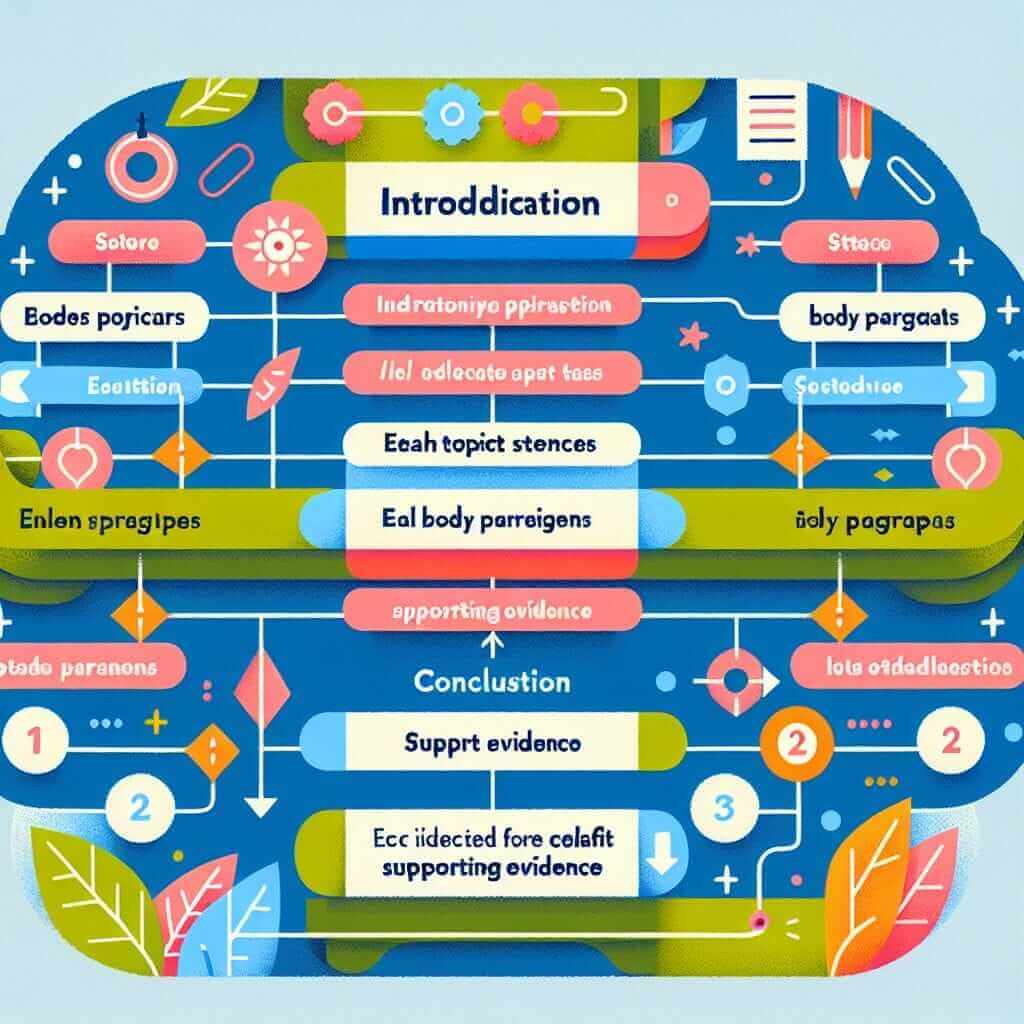Achieving a high score in IELTS Writing Task 2 requires not only a strong command of English but also a keen understanding of common pitfalls to avoid. This essay delves into frequently encountered mistakes and provides strategies to help you craft a compelling and high-scoring response.
Understanding the Task and the Scoring Criteria
Before diving into specific pitfalls, it’s crucial to grasp what examiners look for in a Band 8+ essay:
- Task Response: Fully address all parts of the task, present a clear position, and develop your ideas with relevant examples.
- Coherence and Cohesion: Organize your ideas logically, use cohesive devices effectively, and present a clear central theme.
- Lexical Resource: Use a wide range of vocabulary accurately and appropriately, avoid repetition, and choose words that convey precise meaning.
- Grammatical Range and Accuracy: Use a variety of complex sentence structures correctly and demonstrate control over grammar and punctuation.
Common Pitfalls and How to Avoid Them
1. Ignoring Task Instructions
Problem: Misinterpreting or partially addressing the essay prompt can significantly impact your score.
Solution:
- Analyze the question carefully: Underline keywords like “discuss both views,” “to what extent do you agree or disagree,” or “give your own opinion.”
- Plan your essay: Jot down your main points and supporting arguments before you begin writing to ensure you address all aspects of the task.
Example:
Prompt: Some people believe that the best way to improve public health is by increasing the cost of unhealthy foods. To what extent do you agree or disagree?
Pitfall: Focusing solely on the benefits of increasing food prices without considering other perspectives or solutions.
Solution: Discuss both sides of the argument. Acknowledge the potential effectiveness of raising prices while also exploring alternative approaches, such as promoting healthy eating habits or regulating food advertising.
2. Lack of Clear Structure and Cohesion
Problem: An essay lacking a clear introduction, body paragraphs with developed arguments, and a conclusion can confuse the reader and lower your score.
Solution:
- Follow a structured format:
- Introduction: State the topic, provide background information, and present your thesis statement.
- Body Paragraphs (2-3): Each paragraph should focus on one main idea with supporting evidence and examples. Use topic sentences to introduce the main idea of each paragraph.
- Conclusion: Summarize your main points and restate your opinion in a clear and concise manner.
- Use cohesive devices: Words and phrases like “furthermore,” “in contrast,” “for example,” and “as a result” connect your ideas and make your writing more coherent.
Example:
Pitfall: Jumping from one idea to another without clear transitions or logical progression.
Solution: Use phrases like “One argument in favor of this is…” or “On the other hand, it could be argued that…” to smoothly transition between contrasting viewpoints.
3. Limited Vocabulary and Grammatical Errors
Problem: Using basic vocabulary repetitively and making frequent grammatical errors will hinder your ability to effectively communicate your ideas.
Solution:
- Expand your vocabulary: Read widely on various topics, note down unfamiliar words and their usage, and practice incorporating them into your writing.
- Master grammar rules: Focus on areas where you tend to make mistakes. Practice writing different sentence structures, and utilize online grammar checkers cautiously.
Example:
Pitfall: Overusing common words like “good” or “bad” instead of finding more specific and descriptive synonyms.
Solution: Instead of “Exercising is good for you,” write “Regular physical activity offers numerous health benefits,” demonstrating a wider range of vocabulary.
4. Lack of Supporting Evidence
Problem: Stating opinions without providing supporting evidence makes your arguments weak and unconvincing.
Solution:
- Use a variety of supporting details: Back up your claims with relevant examples, statistics, historical events, personal anecdotes, or hypothetical scenarios.
- Explain your reasoning: Don’t just list examples; explain how they support your main point and why they are relevant.
Example:
Pitfall: “Technology has made our lives easier.” (Too general)
Solution: “Technology has revolutionized communication, allowing us to connect with people across the globe instantly. For example, social media platforms and video conferencing tools have made it easier to maintain relationships and conduct business remotely.” (Provides specific examples and explains their relevance)

Practice Makes Perfect
The key to avoiding these pitfalls is consistent practice. Write essays on a variety of IELTS Writing Task 2 topics, focusing on applying the strategies outlined above. Seek feedback from teachers or language partners to identify areas for improvement. With dedication and a focused approach, you can overcome these common challenges and significantly improve your IELTS writing skills.